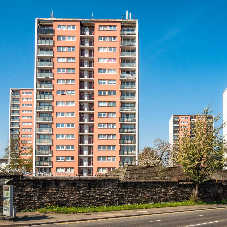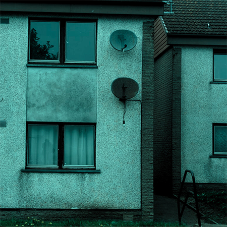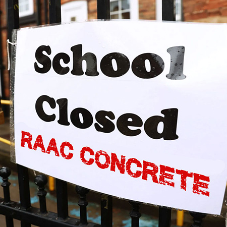New data from the Office of National Statistics shows that house prices have sharply fallen in London, whilst increasing across the rest of Britain. Whilst on the surface this may seem like good news in the capital, and tough news for buyers elsewhere, things aren’t so clear cut when it comes to house prices. In this article we will break down the benefits, and some of the unexpected downsides, to the fluctuation in house prices.
The ups and downs for first-time buyers and sellers
Whilst it is easy to imagine first time buyers rejoicing at the news of falling house prices, this may not always be the positive that it appears to be. Typically, the news that house prices are dropping means there is further trouble in the economy that is preventing buyers from making their purchase.
If a buyer gets lucky with their timing then they may already have the money together with a house picked out when prices fall, therefore getting their dream location for a smaller fee than they expected to pay. However, this ideal scenario is a rarer occasion than one might hope for.
If a potential buyer is nearer to the beginning of the process of buying a house when the prices are dropping, then they may run into difficulties throughout the process.
The housing market can work as a vicious cycle which encompasses many different facets of the economy. This is typically how the cycle works: If wages are low, then people are less likely to be approved for a mortgage (or are unable to be in a position to even attempt buying a house); if less people are in the market to buy, then the prices drop in an attempt to entice buyers in. If this still doesn’t work, you then reach a point where sellers will begin to pull out of the market (as long as they can afford not to sell) until they feel the price is back at a point that they believe their property is worth.
However, this behaviour from sellers, whilst understandable, is a risk. Think of the housing market like the stock market: if the value of a share (or house) drops and still nobody wants to buy, then the price is very unlikely to rise again. If you then take away the supply of houses, you remove the opportunity for purchasers to inflate the market again, compounding the likelihood that the prices will continue to fall. When demand is high, the prices go with it. Naturally, when the demand is low, the prices will be too.
We are seeing this pattern play out with the current fall in London house prices. Recent data from Zoopla suggests that the average salary needed to be accepted for a first time mortgage in London is a staggering £84000. Meanwhile, ONS data from the end of 2018 states that the average person in London earns £713 per week, which multiplies out across a year to fractionally above £37000. This necessarily means that there will be a shortfall of people who are able to buy in the current market, thus leading to the drop in prices that London is now witnessing.

This problem becomes compounded when considering the apartments in so-called 'ghost towers' marketed towards the mega-rich in London. Every apartment within The Shard remains unsold, with the current owners seemingly unwilling to budge on price. Large developers and owners like these may be able to hold onto their properties until somebody meets their price. However, for the average homeowner who wants (or needs) to sell up, you can be in a tough position very quickly if the market won’t meet your valuation of your property.
Of course, in places where more people can afford housing, you will see the prices rise. The same Zoopla data previously referenced states that the average salary needed to buy a home in Liverpool is just £26000. It is no coincidence that Liverpool has experienced a 5% rise in house prices in the year to the end of May, with the 2018 ONS data for weekly earnings in Liverpool multiplying out to be £28303.60 per year, meaning the average worker is a lot more likely to be accepted onto a mortgage in Liverpool than in London.
So, what do these fluctuations mean for the construction industry when they occur?
The effect on the construction industry
The impacts of fluctuating house prices on the construction industry are simple: the more booming the market is, the more the industry will profit. When the prices drop, many within the industry will feel the negative effects.
If sales slow, production rates will naturally follow suit. When developers decide to stop building, this has an obvious knock-on effect to the industries that produce housebuilding materials. The trickle-down ramifications of this will lead to local tradespeople, such as installers, bricklayers and handymen, seeing a drop in business.
With people keeping their limited money in their pocket to save for deposits, industries that rely on disposable income, such as interior decoration, will suffer. Many ground-level tradespeople will simply have to struggle through the lean times until fortunes turn back around.
There is the chance of business from buyers who managed to purchase a home at a low rate having some unexpected spare cash to spend on renovations, but this would be a small, infrequent market.
Alternatively, when the market is flourishing, all these businesses will see a pleasant bump in their trade due to the positive cycle that occurs in a well-functioning economy. If income rises and more prospective buyers are accepted for mortgages, the confidence in the market will rise and prices will accordingly rise again.
So, despite how attractive it may seem on the surface, don’t be fooled into thinking your perfect chance to jump onto the property ladder has finally came when you hear house prices have dropped!
Related Blog Articles



crop192.png)












